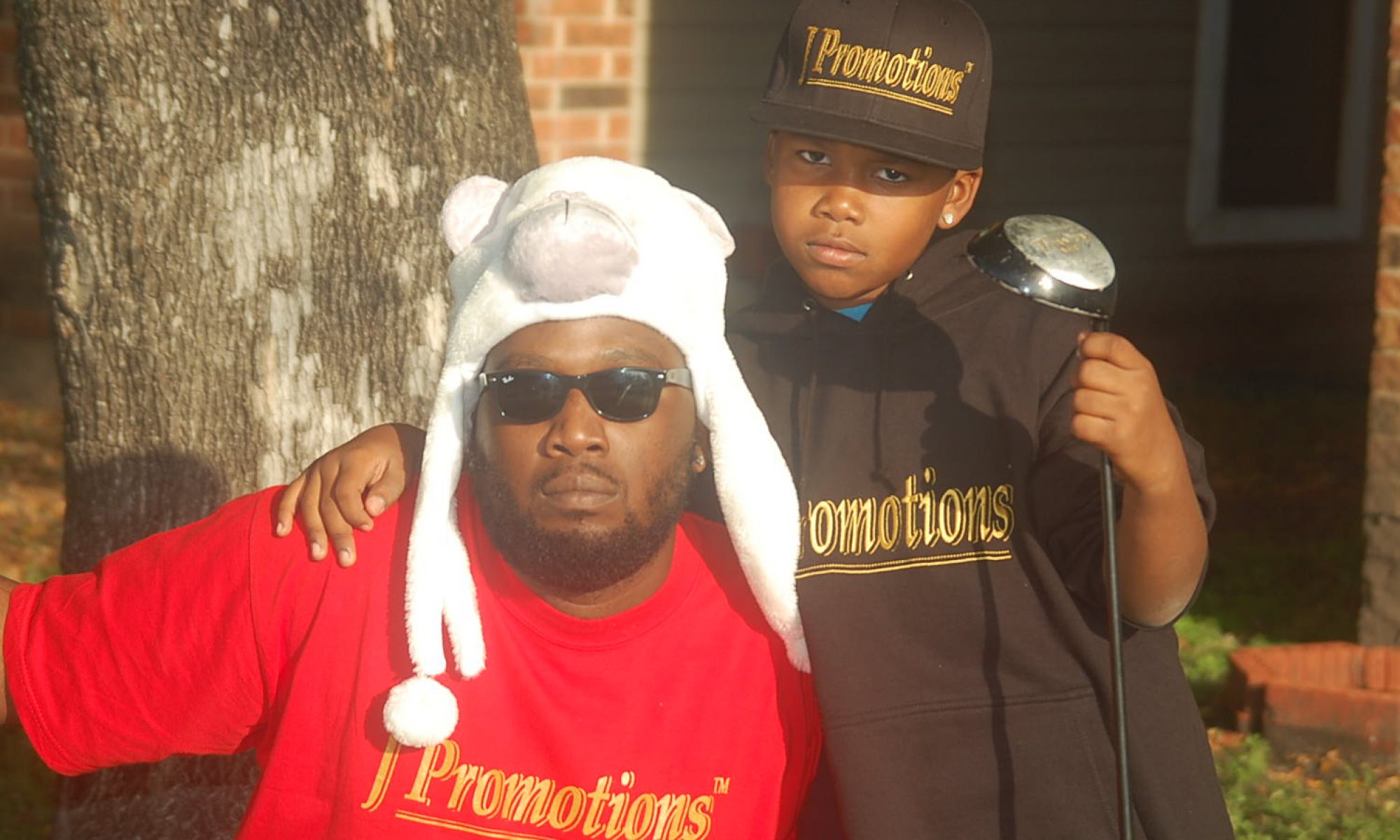Rock ‘n’ roll pioneer Chuck Berry has died, Missouri police said Saturday. He was 90.
“The St. Charles County Police Department sadly confirms the death of Charles Edward Anderson Berry Sr., better known as legendary musician Chuck Berry,” police said in a statement posted to Facebook.
First responders were called out to a home on Buckner Road around 12:40 p.m. and found a man later identified as Berry unresponsive “and immediately administered lifesaving techniques,” the statement reads. They were unable to revive him and he was pronounced dead at 1:26 p.m.
Berry penned a great number of hits in the 1950s and 1960s like “Sweet Little Sixteen,” “Roll Over Beethoven” and “Rock and Roll Music” that influenced generations of rock groups, including The Beatles. Merging a captivating stage presence with his own blend of blues, country and jazz, Berry helped define the fledgling rock’n’ roll genre, later becoming one of the first musicians inducted into the Rock and Roll Hall of Fame in Cleveland, Ohio.
Born into a middle-class family in St. Louis, Missouri, Berry picked up the basics of guitar from a neighbor and started performing music as a teenager. In 1952, he formed a trio with Johnnie Johnson on piano and Ebby Harding on drums that rose to fame in the local nightclub scene. To pay the bills, Berry worked as a hairdresser. But soon enough he wouldn’t have time for that ― a trip to Chicago netted a recording session with Chess Records, during which Berry performed an old hillbilly tune called “Ida Red.” Changing the name to “Maybellene,” Chess sent the track to an influential New York DJ, and it became a hit among the teenage set.
According to an oft-cited line by John Lennon, “If you tried to give rock ‘n’ roll another name, you might call it ‘Chuck Berry.’” Berry’s music became so well-known, he toured the country with only a guitar, trusting he’d be able to find musicians in each city he played who could serve as his back-up. Many of his lyrics focused on teen culture, although he was significantly past that age by the time he started traveling around singing about cars and dates.
But in the nascent era of the Civil Rights Movement, Berry’s status as a black man with a following of young white people ― a lot of them girls ― caused certain conflict. He’d been known to take refuge in police stations to dodge protesters after his shows, which sometimes featured police presence themselves, according to an Esquire profile. After a teenage coat-check girl who worked briefly at a club he owned alleged Berry had an affair with her, the guitarist served two years in prison. A tax evasion charge sent him to prison again, briefly, in 1979. Then, in 1990, a police raid on a recording compound he owned turned up a stash of marijuana and images of Berry with nude women ― including one underage ― but charges were later dropped.
Notoriously interview-shy, Berry had been living out his later years in Ladue, Missouri ― near his hometown. He never stopped writing music, and performed regular gigs at a local restaurant and club called Blueberry Hill.
— This feed and its contents are the property of The Huffington Post, and use is subject to our terms. It may be used for personal consumption, but may not be distributed on a website.
Source: HuffPost Black Voices
